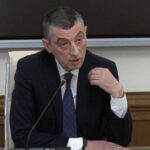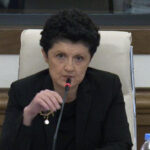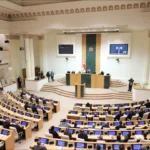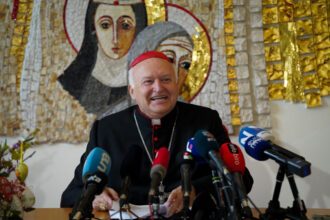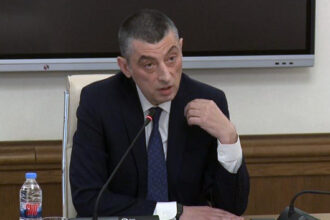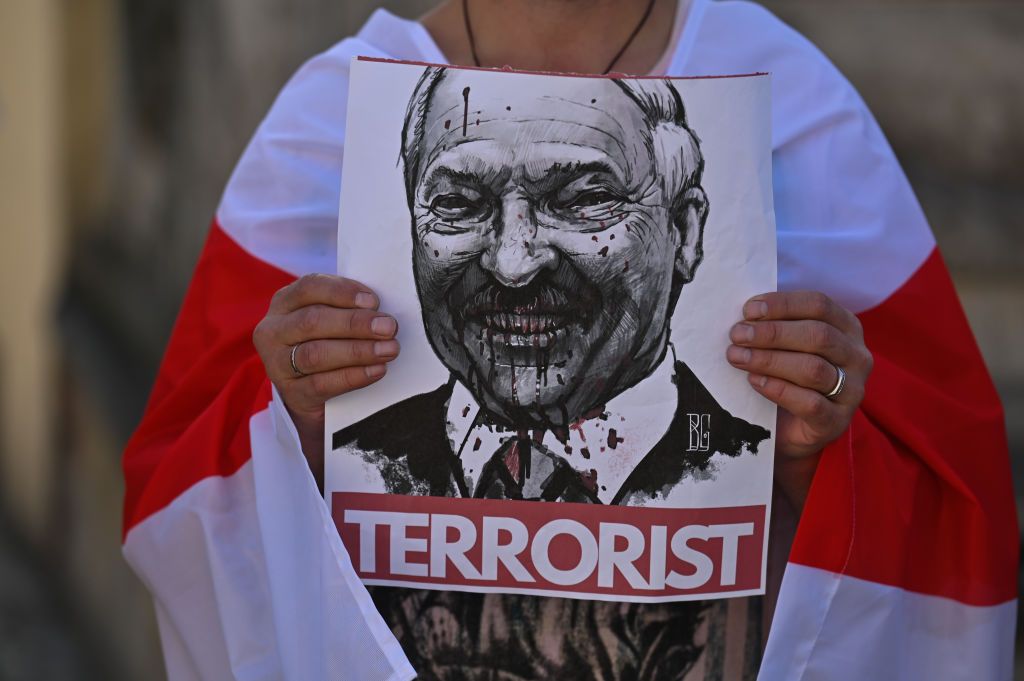Lithuania has formally requested that the International Criminal Court (ICC) investigate Belarusian dictator Alexander Lukashenko and his regime for alleged crimes against humanity. The Lithuanian Ministry of Justice announced on Sept. 30 that it had referred to offenses against the civilian population in Belarus, including mass repression, deportations, and persecution of political opponents.
The Lithuanian government accuses top Belarusian military officers, law enforcers, judiciary officials, and Lukashenko personally of waging a “widespread and systematic attack” on Belarusians. This includes serious violations of fundamental rights, arbitrary detention, prosecution, and conviction, as well as unlawful violence, killings, and sexual violence.
The regime’s actions have forced hundreds of thousands of Belarusians to flee the country and seek refuge in neighboring states, including Lithuania. This may constitute the crime of mass deportation. The leader of the Belarusian exiled opposition, Sviatlana Tsikhanouskaya, has praised Lithuania’s move, stating that it brings hope to the victims of the regime.
The ICC prosecutor general has confirmed the receipt of the referral and stated that a preliminary examination will be conducted to determine whether an investigation will be opened. If an investigation is launched, it could lead to an arrest warrant being issued for Lukashenko.
Despite Belarus not being a party to the Rome Statute, the ICC has jurisdiction due to the crimes being committed on the territories of participating nations. This case follows the precedent set by the Myanmar/Bangladesh case, in which a state party to the Rome Statute (Bangladesh) filed charges against Myanmar, a non-signatory, for crimes committed on its territory.
Lithuania, which has previously succeeded in bringing charges against Russian President Vladimir Putin, is now seeking an arrest warrant for Lukashenko. The country has urged the international community to support its efforts in holding the Belarusian regime accountable for its actions.
In other news, Russian President Vladimir Putin has announced amendments to the country’s nuclear doctrine, threatening a nuclear response for any aggression against Belarus. This move has raised concerns about the escalating tensions between Russia and neighboring countries.
Meanwhile, the director general of the International Atomic Energy Agency (IAEA) has confirmed the safety of the controversial Belarusian Astraviets Nuclear Power Plant. The plant has faced criticism and protests from neighboring countries, but the IAEA has stated that it meets international safety standards.
In response to the growing threat from Belarus and Russia, the Baltic states and Poland have sought EU funding for a joint defense line along their borders. This move aims to strengthen their defense capabilities and protect against potential aggression from their eastern neighbors.
Lastly, Belarus has designated the Kastus Kalinouski Regiment as a terrorist organization. The group, which is named after a Belarusian national hero, has been involved in protests against the Lukashenko regime. This designation has been condemned by human rights groups, who see it as a way for the regime to further suppress dissent and opposition.
Read More @ kyivindependent.com


